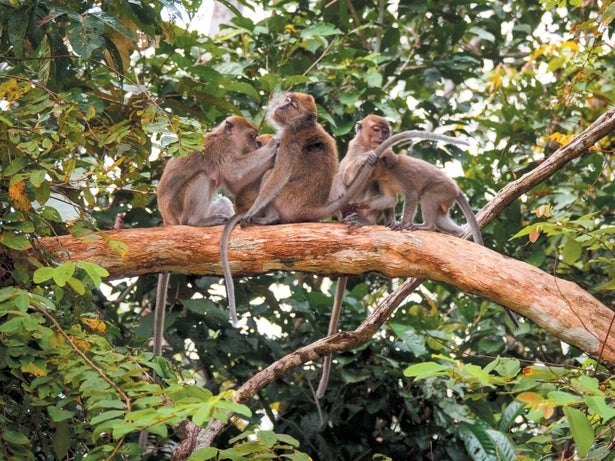
The Primal Pull of People Watching
Our social voyeurism may have deep evolutionary roots

The Primal Pull of People Watching
Our social voyeurism may have deep evolutionary roots
AI Spots Hidden Signs of Consciousness in Comatose Patients before Doctors Do
How Humans Became Upright: Key Changes to Our Pelvis Found
EPA Fires ‘Dissent’ Statement Signers
Spellements: Monday, September 1, 2025

Huge Cracks in the Earth Are Slicing through Cities, Swallowing Houses and Displacing Thousands of People
Turn the Page on Summer: August’s Essential Book Picks
A Forgotten Math Idea Could Supercharge Quantum Computers
Voting Integrity Messages Fight Misinformation in the Lab. But What about the Real World?
One Year after Scientific American’s First Issue, the Solar System Grew by a Planet
Scientific American Celebrates 180 Years with Stories of Scientific U-turns
U.S. Science and Scientific American Have Weathered Attacks Before and Won
180 Years of Standing Up for Science

Can Peanut Allergies Be Cured?
What Happens When an Entire Generation of Scientists Changes Its Mind
Create as many words as you can!
Stretch your math muscles with these puzzles.
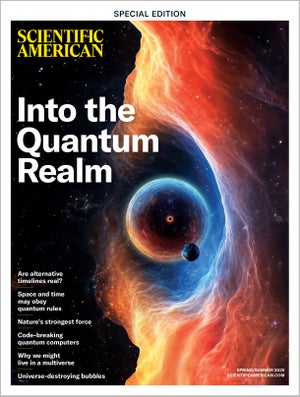
The Secret to the Strongest Force in the Universe
Why Aren’t We Made of Antimatter?
Mining the Deep Sea Could Threaten a Source of Ocean Oxygen
Scientific American Celebrates 180 Years with Stories of Scientific U-turns
What Can Nature Teach Us about Sex and Gender?

Huge Cracks in the Earth Are Slicing through Cities, Swallowing Houses and Displacing Thousands of People
Hundreds of thousands of people are at risk of losing homes, businesses—and lives—as giant “gullies” expand into cities across Africa
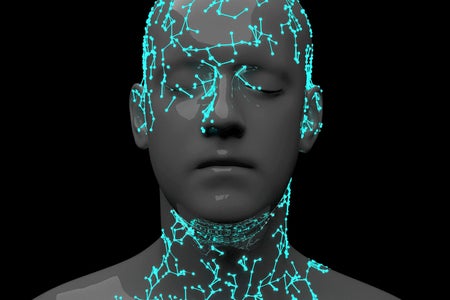
AI Spots Hidden Signs of Consciousness in Comatose Patients before Doctors Do
A machine-learning algorithm spotted signs of “covert consciousness” in coma patients—in some cases, days before doctors could do so

A Forgotten Math Idea Could Supercharge Quantum Computers
Scientists have revived an ignored area of math to envision a path toward stable quantum computing
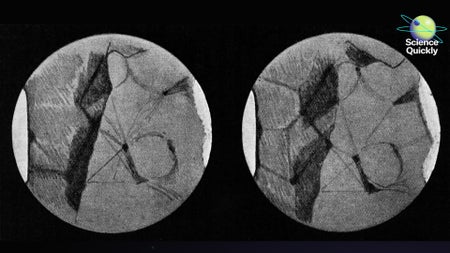
Scientific American Celebrates 180 Years with Stories of Scientific U-turns
In honor of SciAm’s 180th birthday, we’re spotlighting the biggest “wait, what?” moments in science history.
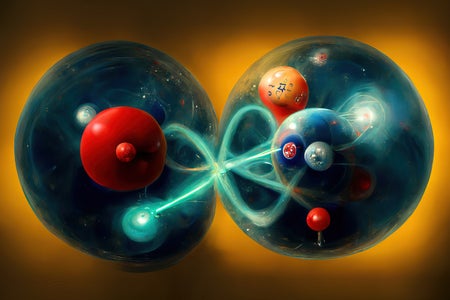
Quantum Physics Is Bizarre. So Why Have We Loved It for 100 Years?
A survey of Scientific American’s century of quantum coverage helps explain the enduring popularity of strange physics

RFK, Jr., Demanded a Vaccine Study Be Retracted—The Journal Said No
In a rare move for a U.S. public official, Secretary of Health and Human Services Robert F. Kennedy, Jr., called for a paper that found no link between aluminum in vaccines and disease to be retracted. The journal rejected the request